Bringing Unity and Faith to Public Policy in Nigeria
Scripture is filled with accounts of God using righteous people to speak truth to influential leaders, some times to fruitful and other times perilous, ends. Access to a nation’s leaders often requires a delicate balance of gracious compromise and impassioned boldness.
It is a balance Bishop Matthew Kukah, a Haggai leader in Nigeria, knows all too well.
Matthew Kukah currently serves as the bishop of the Roman Catholic Diocese of Sokoto, a large city in northwestern Nigeria. Ordained in 1976, he has studied all over the world and become a leading international voice on issues of human rights. In December 2020, Bishop Kukah was appointed by Pope Francis to the Dicastery on Integral Human Development, joining other members from across the globe to advise and promote the Pope on issues of justice, human rights, torture, human trafficking, care of creation, and other issues related to human dignity and development.
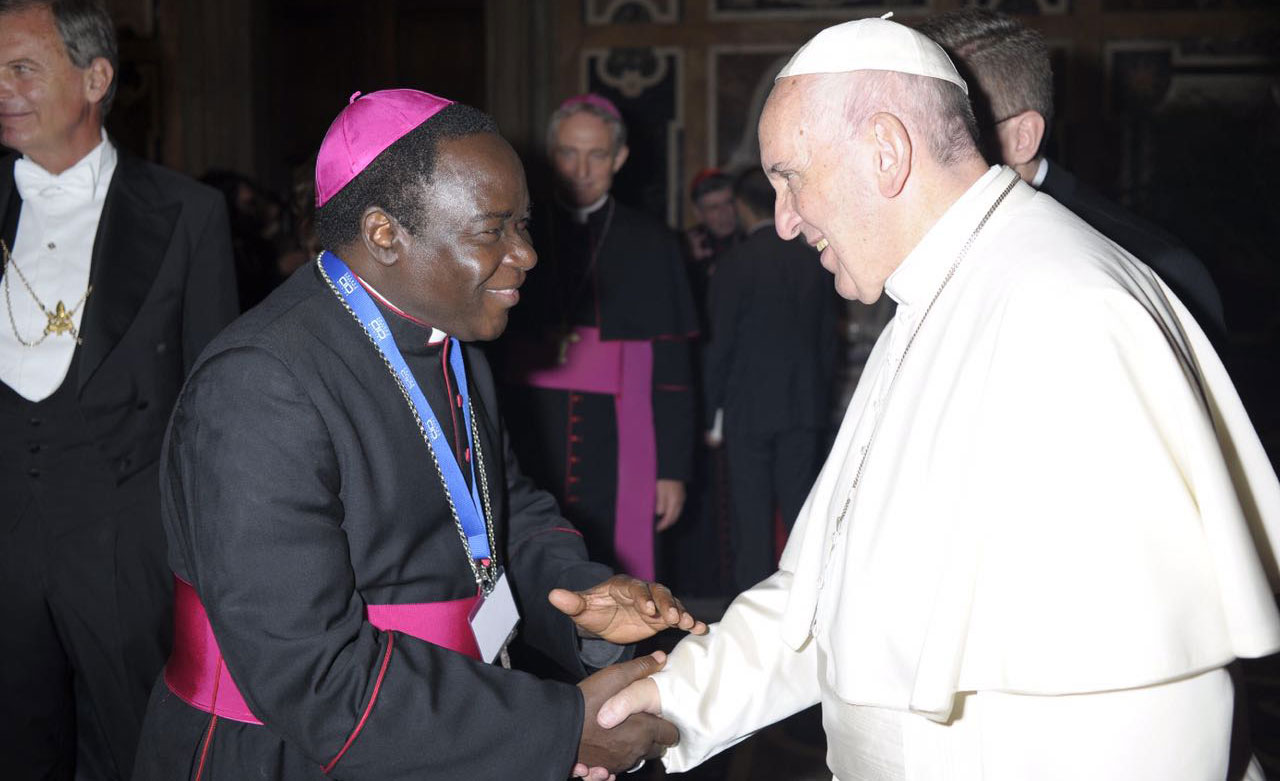
Haggai leader Matthew Kukah with Pope Francis.
While he is accustomed to advising leaders in international forums, Bishop Kukah’s most recent challenge has called him to speak truth to influential leaders in his home country of Nigeria. Africa’s largest nation, like many of its neighbors, has a mixed history of colonialism, independence, government instability, and authoritarian rule. But with the second largest economy on the entire continent, Nigeria has enjoyed considerable periods of stability and prosperity.
A controversial president, protests over police brutality, and violence at the hands of Islamist extremists have ushered the country into a dangerous, chaotic era. And Bishop Kukah is calling on the president to step up.
“Nigerians want what the rest of the world wants, primarily, a decent life. Given what we have in terms of material resources, like other developing countries, the levels of poverty are totally unacceptable, and they make people cry for justice. Ordinary people see how well their leaders are living, along with the corruption and accumulation – and they feel helpless. Combustibility is a measure of the unmet needs and the feeling of being trapped in a circle of poverty and destitution. This is what produces the rage.”
He faults the Nigerian government, and specifically President Muhammadu Buhari, with stirring division and failing to address increasing violence in the country.
“This government has been the most divisive in the history of the country, and the president has angered the majority of the country with his incompetence and nonchalant attitude to the pains and hunger of citizens in the face of insecurity.”
In an address to the international ministry, Aid to the Church in Need, Bishop Kukah called on President Buhari to address ongoing violence in the country, specifically violence targeted at Christians.
“Where are the Chibok daughters? Where is Leah Sharibu? Who are the sponsored murderers who have overrun our land? Our land is now a pool of blood. Mr. President, please reset the clock before it is too late. I pray for you that God will touch your heart so that you embrace the ideals of those who came before you. This is not the Nigeria they dreamt of.”
Bishop Kukah attended the Haggai Leader Experience in 2002, and he credits his training with helping him weather this trying season.
“The Haggai training was really for a time like this. But we can do more. I have set up a policy think tank, The Kukah Centre, and I am pleased with how much we are trying to accomplish at the national level. Please kindly send anyone seeking to fund the struggle for a greater role for faith in public policy our way!”
Bringing Unity and Faith to Public Policy in Nigeria
Scripture is filled with accounts of God using righteous people to speak truth to influential leaders, some times to fruitful and other times perilous, ends. Access to a nation’s leaders often requires a delicate balance of gracious compromise and impassioned boldness.
It is a balance Bishop Matthew Kukah, a Haggai leader in Nigeria, knows all too well.
Matthew Kukah currently serves as the bishop of the Roman Catholic Diocese of Sokoto, a large city in northwestern Nigeria. Ordained in 1976, he has studied all over the world and become a leading international voice on issues of human rights. In December 2020, Bishop Kukah was appointed by Pope Francis to the Dicastery on Integral Human Development, joining other members from across the globe to advise and promote the Pope on issues of justice, human rights, torture, human trafficking, care of creation, and other issues related to human dignity and development.

Haggai leader Matthew Kukah with Pope Francis.
While he is accustomed to advising leaders in international forums, Bishop Kukah’s most recent challenge has called him to speak truth to influential leaders in his home country of Nigeria. Africa’s largest nation, like many of its neighbors, has a mixed history of colonialism, independence, government instability, and authoritarian rule. But with the second largest economy on the entire continent, Nigeria has enjoyed considerable periods of stability and prosperity.
A controversial president, protests over police brutality, and violence at the hands of Islamist extremists have ushered the country into a dangerous, chaotic era. And Bishop Kukah is calling on the president to step up.
“Nigerians want what the rest of the world wants, primarily, a decent life. Given what we have in terms of material resources, like other developing countries, the levels of poverty are totally unacceptable, and they make people cry for justice. Ordinary people see how well their leaders are living, along with the corruption and accumulation – and they feel helpless. Combustibility is a measure of the unmet needs and the feeling of being trapped in a circle of poverty and destitution. This is what produces the rage.”
He faults the Nigerian government, and specifically President Muhammadu Buhari, with stirring division and failing to address increasing violence in the country.
“This government has been the most divisive in the history of the country, and the president has angered the majority of the country with his incompetence and nonchalant attitude to the pains and hunger of citizens in the face of insecurity.”
In an address to the international ministry, Aid to the Church in Need, Bishop Kukah called on President Buhari to address ongoing violence in the country, specifically violence targeted at Christians.
“Where are the Chibok daughters? Where is Leah Sharibu? Who are the sponsored murderers who have overrun our land? Our land is now a pool of blood. Mr. President, please reset the clock before it is too late. I pray for you that God will touch your heart so that you embrace the ideals of those who came before you. This is not the Nigeria they dreamt of.”
Bishop Kukah attended the Haggai Leader Experience in 2002, and he credits his training with helping him weather this trying season.
“The Haggai training was really for a time like this. But we can do more. I have set up a policy think tank, The Kukah Centre, and I am pleased with how much we are trying to accomplish at the national level. Please kindly send anyone seeking to fund the struggle for a greater role for faith in public policy our way!”
Bringing Unity and Faith to Public Policy in Nigeria
Scripture is filled with accounts of God using righteous people to speak truth to influential leaders, some times to fruitful and other times perilous, ends. Access to a nation’s leaders often requires a delicate balance of gracious compromise and impassioned boldness.
It is a balance Bishop Matthew Kukah, a Haggai leader in Nigeria, knows all too well.
Matthew Kukah currently serves as the bishop of the Roman Catholic Diocese of Sokoto, a large city in northwestern Nigeria. Ordained in 1976, he has studied all over the world and become a leading international voice on issues of human rights. In December 2020, Bishop Kukah was appointed by Pope Francis to the Dicastery on Integral Human Development, joining other members from across the globe to advise and promote the Pope on issues of justice, human rights, torture, human trafficking, care of creation, and other issues related to human dignity and development.

Haggai leader Matthew Kukah with Pope Francis.
While he is accustomed to advising leaders in international forums, Bishop Kukah’s most recent challenge has called him to speak truth to influential leaders in his home country of Nigeria. Africa’s largest nation, like many of its neighbors, has a mixed history of colonialism, independence, government instability, and authoritarian rule. But with the second largest economy on the entire continent, Nigeria has enjoyed considerable periods of stability and prosperity.
A controversial president, protests over police brutality, and violence at the hands of Islamist extremists have ushered the country into a dangerous, chaotic era. And Bishop Kukah is calling on the president to step up.
“Nigerians want what the rest of the world wants, primarily, a decent life. Given what we have in terms of material resources, like other developing countries, the levels of poverty are totally unacceptable, and they make people cry for justice. Ordinary people see how well their leaders are living, along with the corruption and accumulation – and they feel helpless. Combustibility is a measure of the unmet needs and the feeling of being trapped in a circle of poverty and destitution. This is what produces the rage.”
He faults the Nigerian government, and specifically President Muhammadu Buhari, with stirring division and failing to address increasing violence in the country.
“This government has been the most divisive in the history of the country, and the president has angered the majority of the country with his incompetence and nonchalant attitude to the pains and hunger of citizens in the face of insecurity.”
In an address to the international ministry, Aid to the Church in Need, Bishop Kukah called on President Buhari to address ongoing violence in the country, specifically violence targeted at Christians.
“Where are the Chibok daughters? Where is Leah Sharibu? Who are the sponsored murderers who have overrun our land? Our land is now a pool of blood. Mr. President, please reset the clock before it is too late. I pray for you that God will touch your heart so that you embrace the ideals of those who came before you. This is not the Nigeria they dreamt of.”
Bishop Kukah attended the Haggai Leader Experience in 2002, and he credits his training with helping him weather this trying season.
“The Haggai training was really for a time like this. But we can do more. I have set up a policy think tank, The Kukah Centre, and I am pleased with how much we are trying to accomplish at the national level. Please kindly send anyone seeking to fund the struggle for a greater role for faith in public policy our way!”
Comments
Comments
-
Bishop Matthew Kukah. Inspired with your bold stand for justice and voice to Nigerians.
From a Catholic in Malaysia

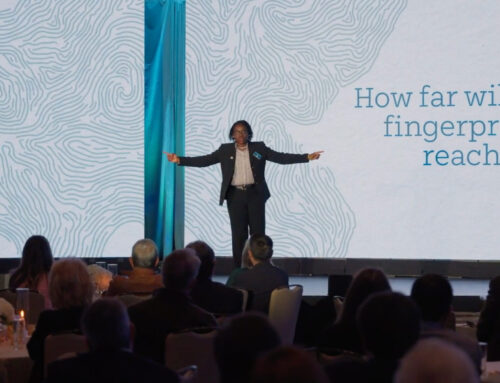
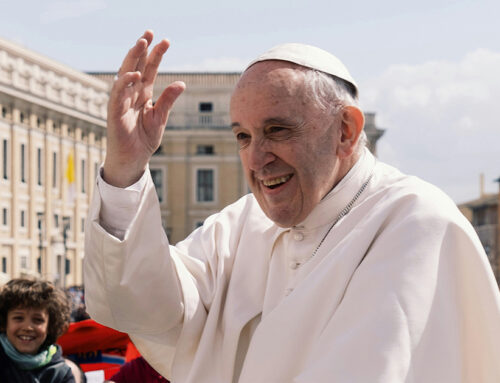
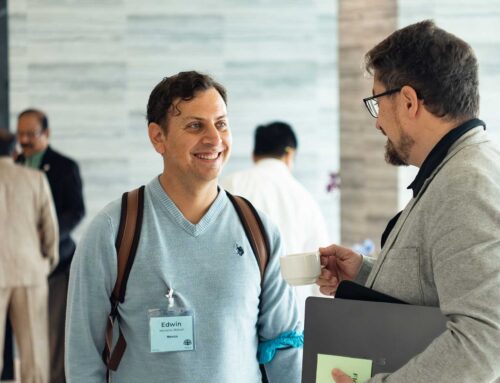
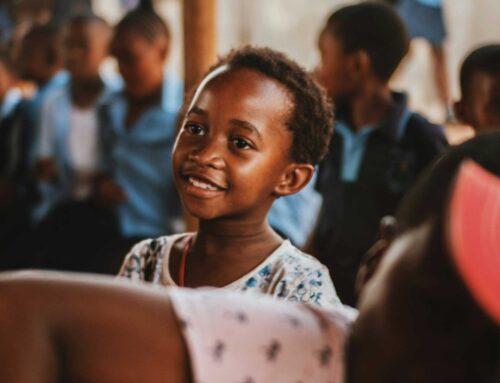
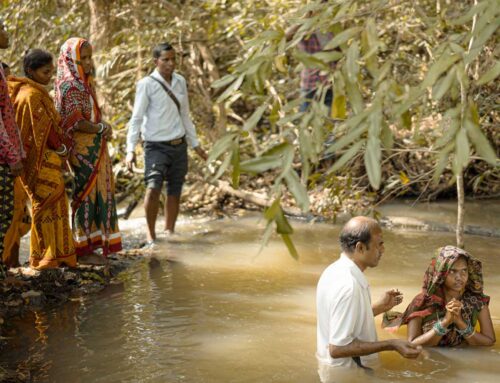
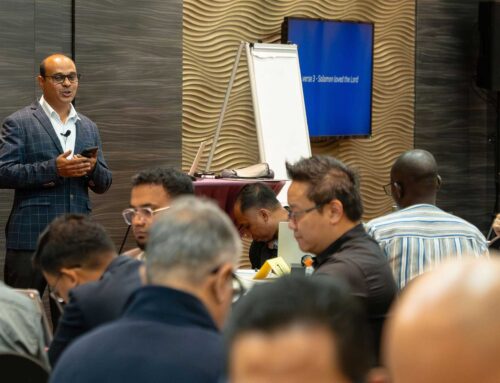
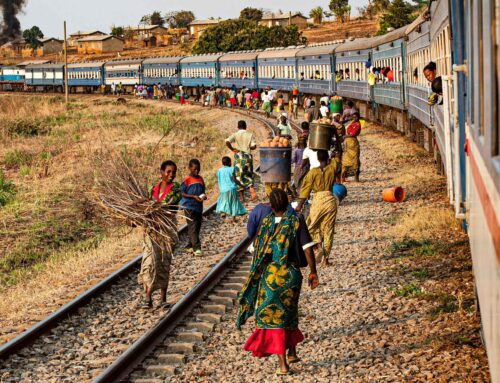




Bishop Matthew Kukah. Inspired with your bold stand for justice and voice to Nigerians.
From a Catholic in Malaysia